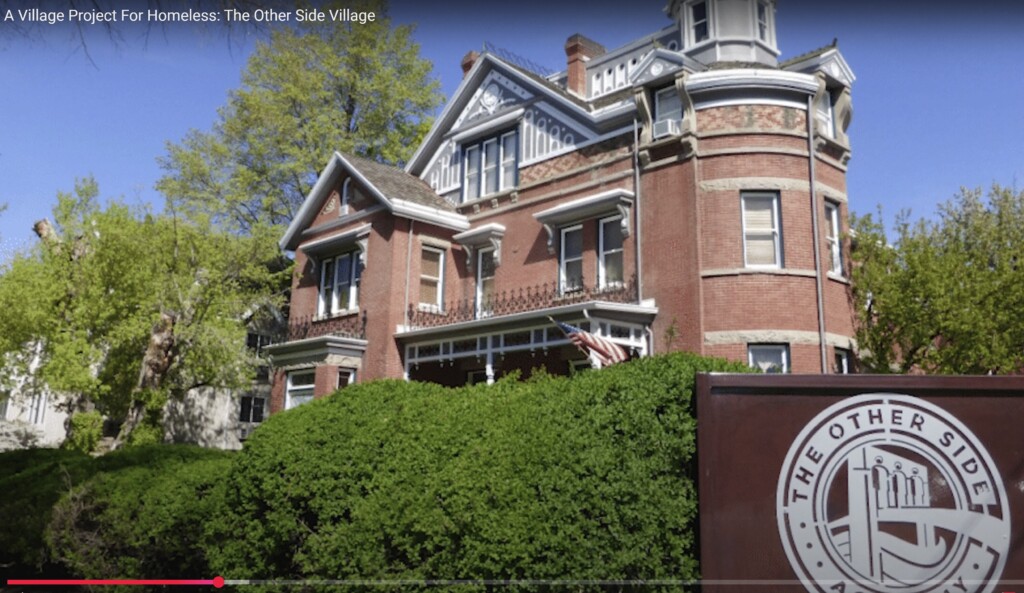In the past five years, Utah’s homeless system has undergone significant change, with plans for further transformation, according to the Standard Examiner. A notable initiative involves allocating part of a $25 million fund for a new 600- to 800-bed emergency shelter. Despite earlier intentions to operate smaller shelters, the decision reflects the need for larger capacity due to increasing homelessness. The closure of a downtown Salt Lake City shelter in 2019 prompted skepticism but aimed to address issues of chaos and crime in the area. However, demand quickly outpaced the new facilities’ capacity, highlighting ongoing challenges. Efforts to involve other cities and counties have slowly progressed, with increased state involvement led by officials like Wayne Niederhauser. The homeless population has surged, necessitating expanded shelter availability and a holistic approach addressing behavioral and mental health issues. Despite funding shortfalls, significant investments have been made, including for emergency shelters, supportive housing, and mental health programs. Decision-makers face challenges in siting the new shelter and ensuring it meets community needs while preventing past problems. Legislative measures emphasize accountability, mental health support, and addressing homelessness as a statewide issue.
Downtown Ogden’s Historic 25th Street is among the top 20 finalists for “Best Main Street” in USA TODAY’s Best Readers’ Choice Awards for 2024, currently leading the rankings, according to KSL. Recognized for its rich history and vibrant culture, the street benefits from its proximity to recreational opportunities and stunning mountain views. Major ongoing projects, such as the renovation of Union Station and the Wonderblock, signify the area’s continued revitalization. Despite its past challenges, including many boarded-up storefronts, Ogden’s downtown has transformed over the years, and the nomination reflects the success of the city’s revival efforts. Voting for the finalists will continue until April 8th.
The town council of Alta, Utah, passed a resolution urging the Utah Department of Transportation (UDOT) to suspend its consideration of a gondola project for Little Cottonwood Canyon, according to the Salt Lake Tribune. This decision comes after concerns were raised regarding the environmental impact assessment of the gondola and amid ongoing lawsuits against the project. The council prefers a more thorough and transparent evaluation process, potentially conducted by a third-party, to ensure public trust. While supporting certain phases of UDOT’s plan for the canyon, including increased bus service and road improvements, the council questions the necessity of the gondola and suggests exploring alternative solutions. UDOT maintains that the gondola is the best long-term solution for traffic congestion in the canyon, but they are open to discussions regarding traction law enforcement and other measures. The resolution has been forwarded to relevant stakeholders and legislative representatives for further consideration.
The Utah Gold Prospecting Club (UGPC), celebrating its 40th anniversary, continues the tradition of gold prospecting in Utah. Members search for gold in mountain streams, following the legacy of pioneers seeking paydirt. Gold still exists in Utah due to erosion, with prospectors using gold pans to find nuggets and flakes in streambeds. Filing mining claims on BLM land is still possible, with exclusive rights granted to prospectors for a fee. The UGPC offers members access to multiple sites for prospecting, along with educational resources and a supportive community. Gold prospecting is seen as a family-friendly outdoor activity, fostering bonding in nature. Meetings are held monthly for members to share knowledge and experiences.
Research psychologists suggest that the common belief that happiness should be the ultimate goal for children may be misguided, according to the Wall Street Journal. Despite the prevalent practice of constantly checking in on children’s emotions, it can actually be counterproductive, leading to increased emotional distress. Emotions are highly reactive to attention, and focusing too much on them can exacerbate negative feelings. This approach also suggests that feelings are always reliable indicators of well-being, which is not necessarily true.
Michael Linden, an expert in mood disorders, argues that happiness is not a common emotion in daily life and that most people spend their time feeling neutral or managing various stressors. Thus, constantly asking how someone feels may induce negative feelings rather than positive ones.
In summary, the emphasis on pursuing happiness may not lead to the desired outcome and could even be detrimental to emotional well-being, according to research psychologists and mood disorder experts.
*Content for this article curated from other sources.






